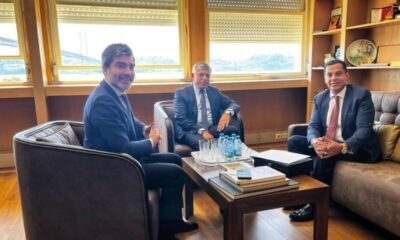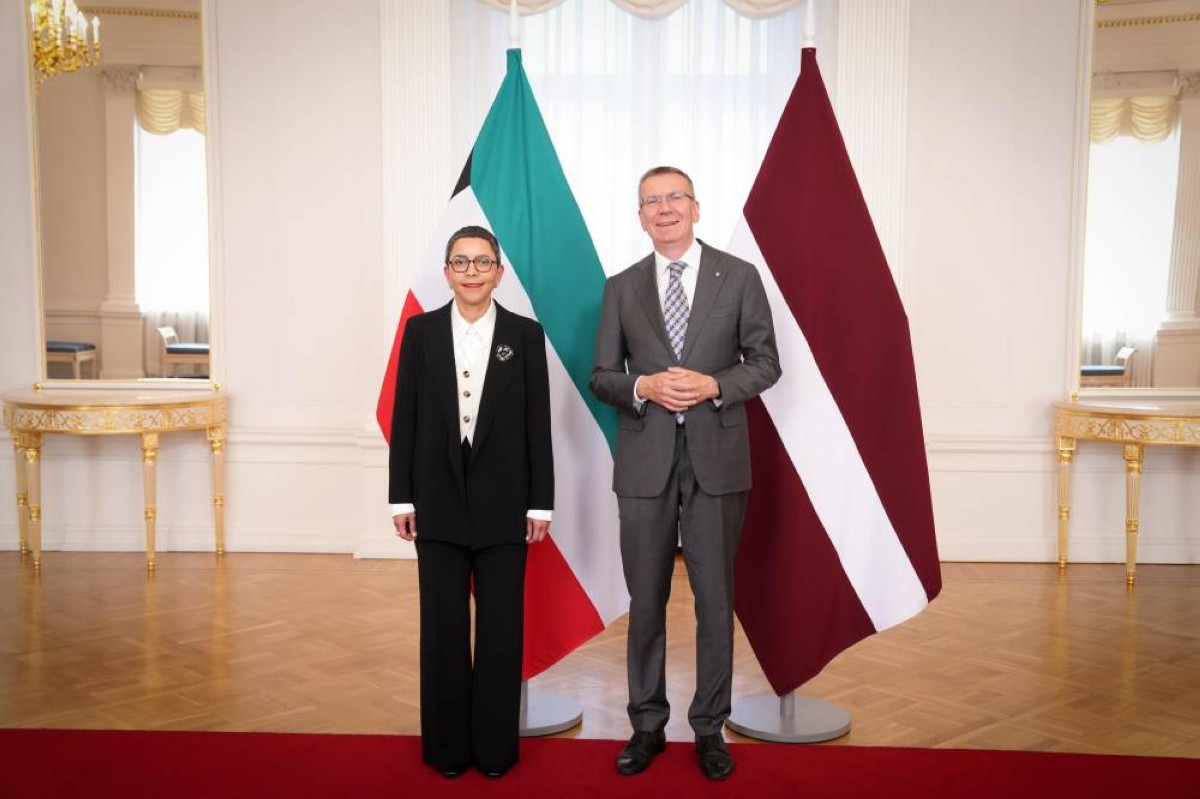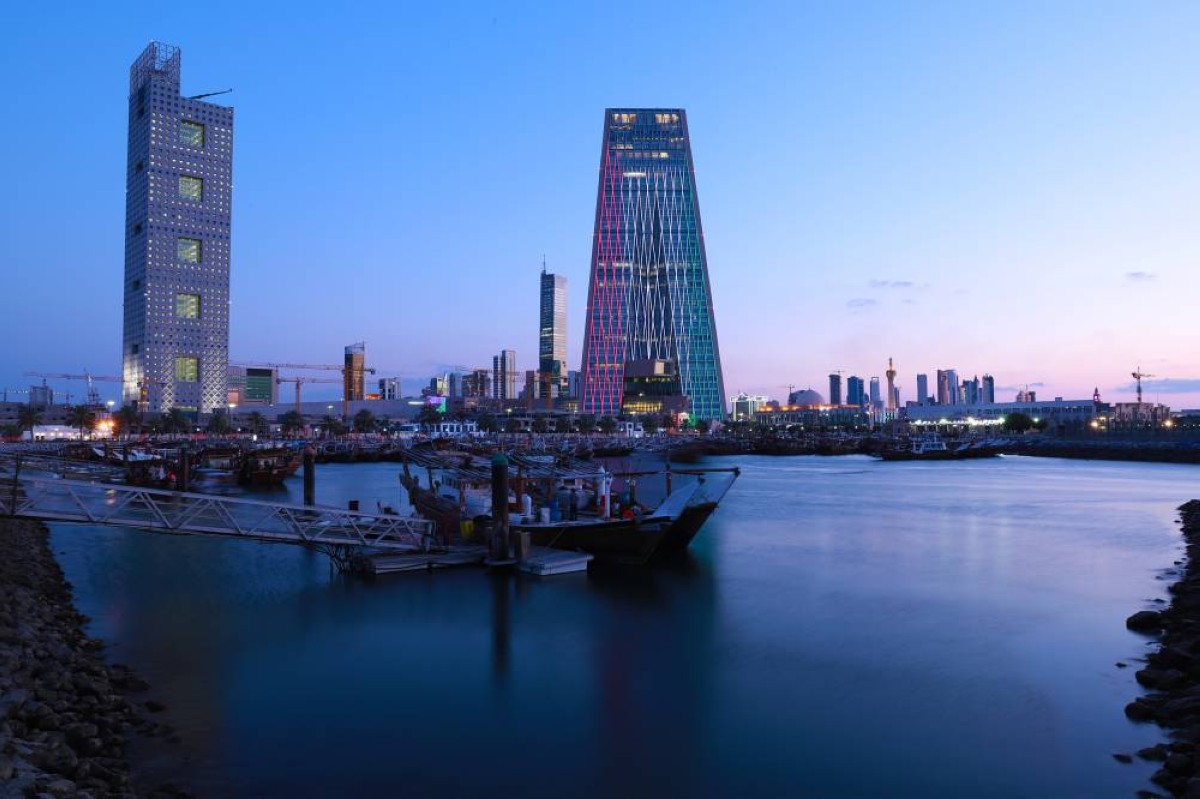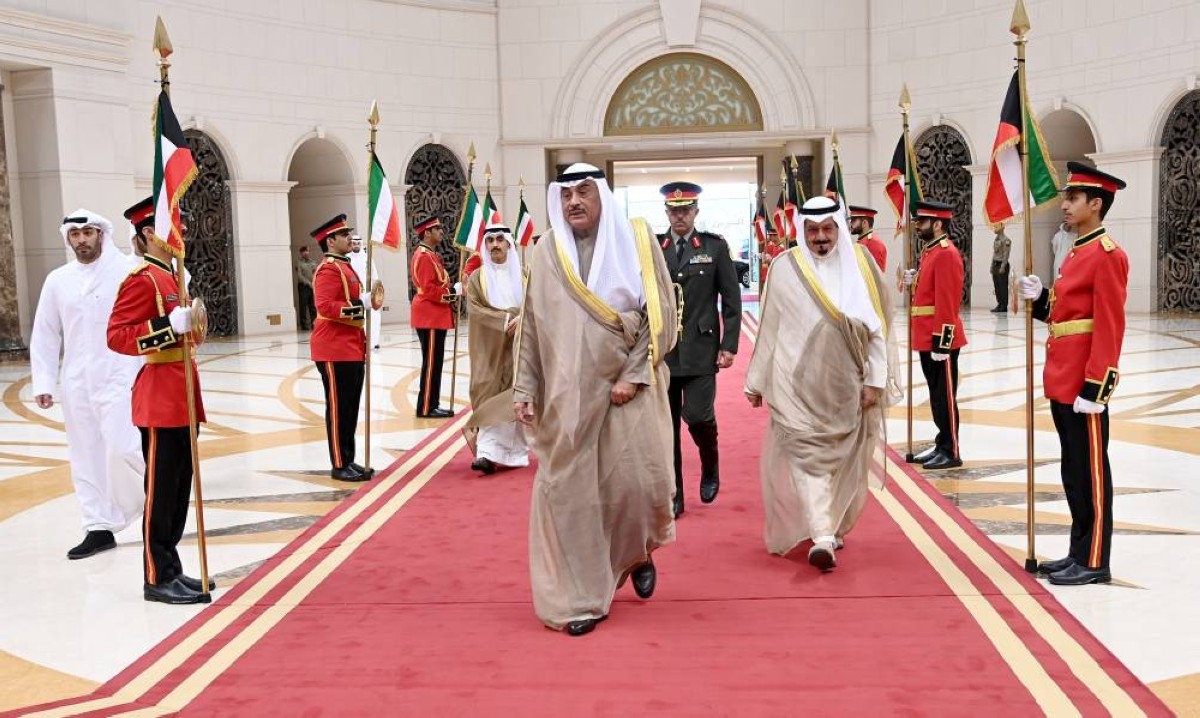KUWAIT: August 8, 2025 marks the 58th anniversary of the establishment of the Association of Southeast Asian Nations (ASEAN) – a dynamic regional organization that unites 10 Southeast Asian countries into a community of 680 million people. In the context of a rapidly changing world, ASEAN’s vision and identity have been constantly affirmed and widely acknowledged – not only in the Asia-Pacific region but also in the Gulf region.
ASEAN identity is not just showcasing symbols such as the common flag, anthem and customs but substantively presenting in many regional and international events and mechanisms forged by ASEAN with the participation of world great powers, through the spirit of cohesion and consensus, through the aspiration for peaceful development, stability, prosperity and the everlasting dynamism over many past decades. From only 5 founding countries, ASEAN has grown to 10 member states today and is preparing to welcome Timor Leste as the 11th member – a living testament to the attractiveness and sustainability of the Association. ASEAN’s economic growth in recent years has been quite positive despite lot of acute difficulties. As a whole, ASEAN is currently ranked the 5th largest economy in the world. According to the Asian Development Bank (ADB), ASEAN’s GDP growth is estimated to reach 5 percent in 2024 and may steadily remain at this rate in 2025.
Since joining ASEAN in 1995, over the past 30 years, Vietnam has been an active member in many activities and fields, especially making important and outstanding contributions in the role of ASEAN Chair (1998, 2010 and 2020), contributing to the overall successes of ASEAN and gradually making Vietnam a solid pillar of the bloc. Currently, the Vietnamese Embassy in Kuwait, which is serving as the Chair of the ASEAN Committee, has also implemented many practical initiatives and activities to enhance the image of the ASEAN Community in general and cultivate friendly relations between Kuwait and all ASEAN member countries.
Promoting inclusion
In the context of many global challenges, from climate change, economic crises to geopolitical conflicts, ASEAN has further affirmed the importance of sustainable and inclusive development. ASEAN’s development priorities have always been associated with building strong resilience, internal resources, strengthening regional connectivity and in-depth international cooperation.
Intra-bloc solidarity is the core foundation that helps ASEAN overcome plenty of challenges and hardships, and maintain regional stability and cooperation for almost six decades. This spirit is clearly expressed in the Bangkok Declaration August 8, 1967 which established ASEAN and championed the aspiration for peace and sustainable prosperity for future generations.
Today, ASEAN has unceasingly and actively expanded cooperation with international organizations and countries, including the State of Kuwait. A significant step forward has been taken by Kuwait’s formal accession to the Treaty of Amity and Cooperation in Southeast Asia (TAC) in 2023 – opening new opportunities to promote bilateral cooperation. Through individual exchange activities as well as multilateral forums, the two sides are working together on potential fields such as trade and investment, energy security, food security, cultural exchanges and tourism development.
In 2025, ASEAN puts forward the Moto “Inclusivity and Sustainability” as its key message and goal. This is an opportunity for the whole bloc to evaluate the progress of realizing the ASEAN Community Vision 2025, and at the same time set forth a long-term strategy toward 2045.
At the 46th ASEAN Summit in May 2025 in Kuala Lumpur, ASEAN leaders formally adopted the ASEAN Community Vision 2045 – a strategic document towards a cohesive political community, deeply integrated economy, and high social responsibility. Also at the same venue, ASEAN held its second Summit with the Gulf Cooperation Council (GCC), affirming its commitment to strengthening inter-regional cooperation, in which Kuwait as the current Chair of the GCC has been playing a crucial role to build the bridge, mutual interest and general action plan for 2025-2030 period.
Solidarity and consensus – the core values of ASEAN – are a profound foundation for realizing a sustainable development and maintaining ASEAN Centrality. In that spirit, ASEAN continues to actively promote multi-faceted cooperation with Kuwait and the Gulf countries, and jointly contributing to a peaceful, stable and prosperous region.
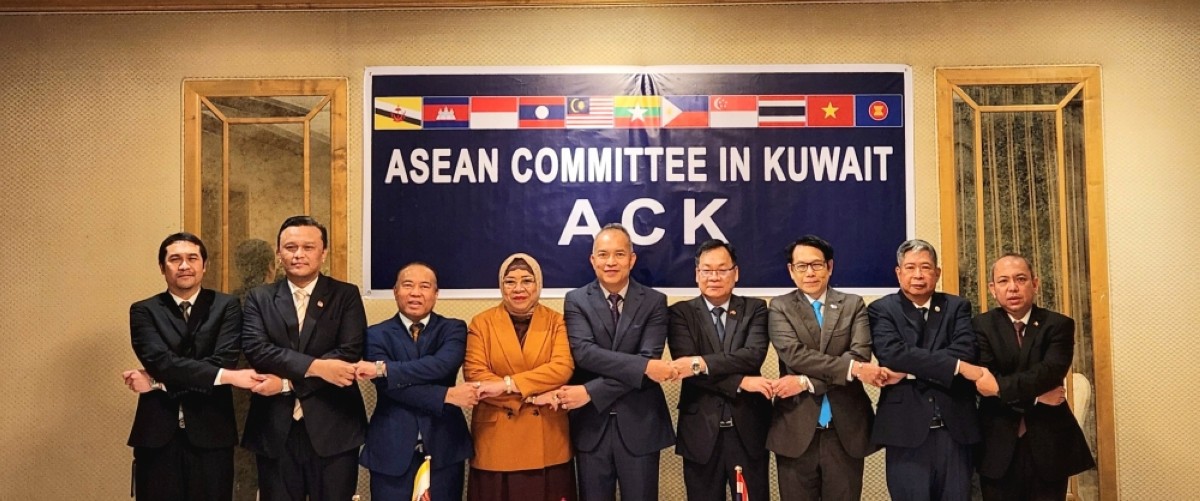
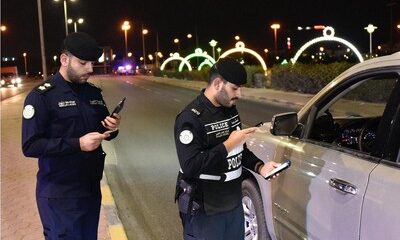
 Politics20 hours ago
Politics20 hours ago
 Latest News6 hours ago
Latest News6 hours ago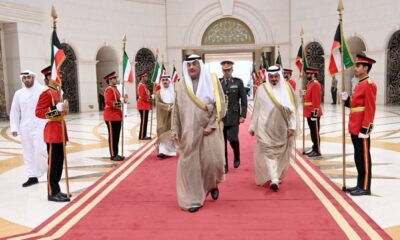
 Latest News5 hours ago
Latest News5 hours ago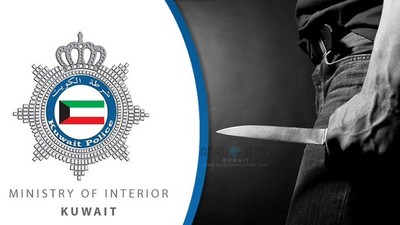
 Politics3 hours ago
Politics3 hours ago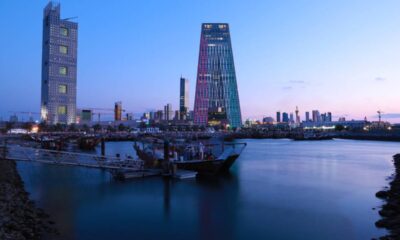
 Latest News3 hours ago
Latest News3 hours ago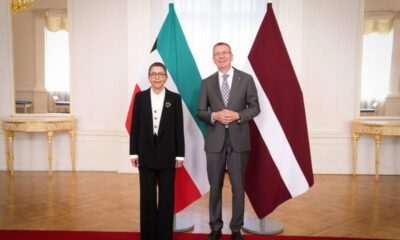
 Latest News2 hours ago
Latest News2 hours ago


